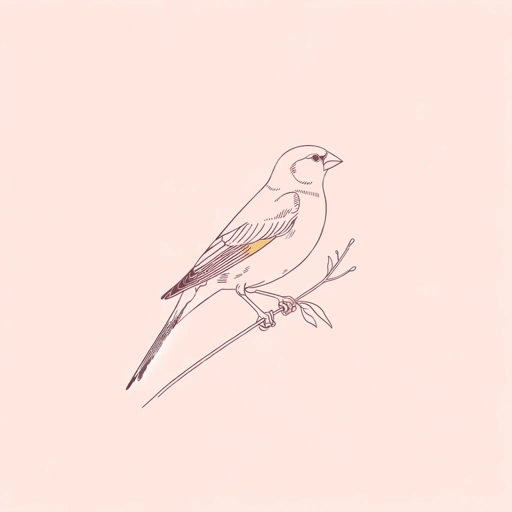36 pages • 1 hour read
August StrindbergMiss Julie
Fiction | Play | Adult | Published in 1888A modern alternative to SparkNotes and CliffsNotes, SuperSummary offers high-quality Study Guides with detailed chapter summaries and analysis of major themes, characters, and more.
Important Quotes
“And so the theatre has always been a public school for the young, the half-educated, and women, who still possess that primitive capacity for deceiving themselves or letting themselves be deceived, that is to say, are receptive to the illusion, to the playwright’s power of suggestion.”
(Preface, Page 63)
Strindberg begins his Preface to Miss Julie by introducing the idea that the theater should teach something. Though this is not a new idea (since antiquity, the role of drama was thought to be essentially didactic), Strindberg has new ideas about what drama is supposed to teach, and this is where the innovation of his “Naturalism” lies. For Strindberg, moreover, the most effective theater is theater in which the illusion is most effective, meaning that the best theatergoer is one who allows themselves to be deceived (another classical idea).
“In the following play, instead of trying to do anything new—which is impossible—I have simply modernized the form in accordance with demands I think contemporary audiences make upon this art.”
(Preface, Page 64)
Though Strindberg sees himself as an innovator, he does not try to tell any new stories, but rather, to elaborate new ideas about the world. This is a crucial point: Strindberg does not argue that humans have changed; for Strindberg, humans remain essentially the same as they have always been, though one can always use new ideas to understand humans and their nature.
“I find the joy of life in its cruel and powerful struggles, and my enjoyment comes from being able to know something, being able to learn something.”
(Preface, Page 65)
Strindberg has little sympathy for critics and theatergoers who think of his tragedies as too sad: Tragedies are supposed to be sad! A sad story or play does not, however, need to be joyless, as Strindberg explains, and indeed Strindberg insists that the “joy of life” comes precisely from learning from the “cruel and powerful struggles” that people face in their daily lives.
Related Titles
By August Strindberg
Featured Collections
Books that Feature the Theme of...
View Collection
Challenging Authority
View Collection
Class
View Collection
Class
View Collection
Dramatic Plays
View Collection
Naturalism
View Collection
Power
View Collection
Pride Month Reads
View Collection
School Book List Titles
View Collection




